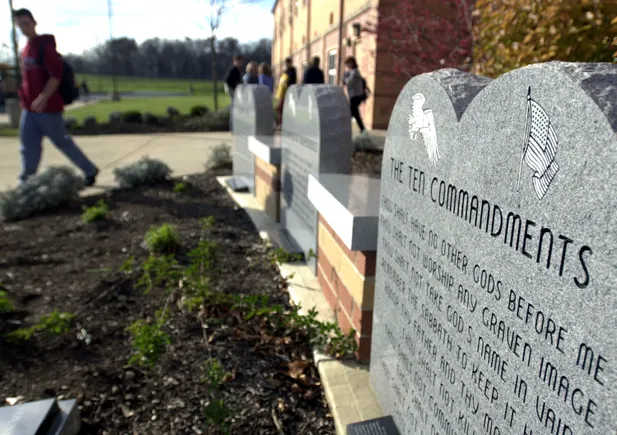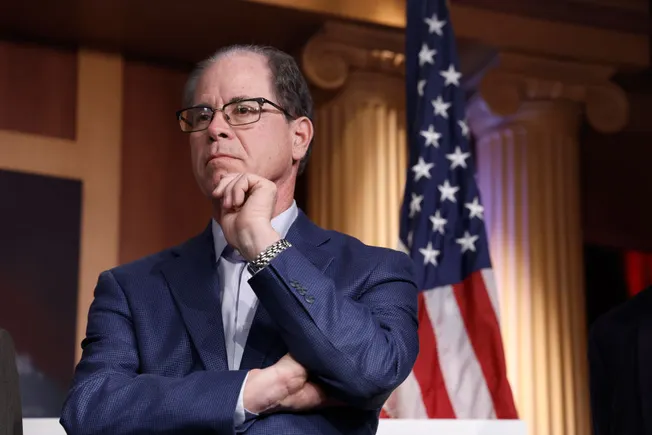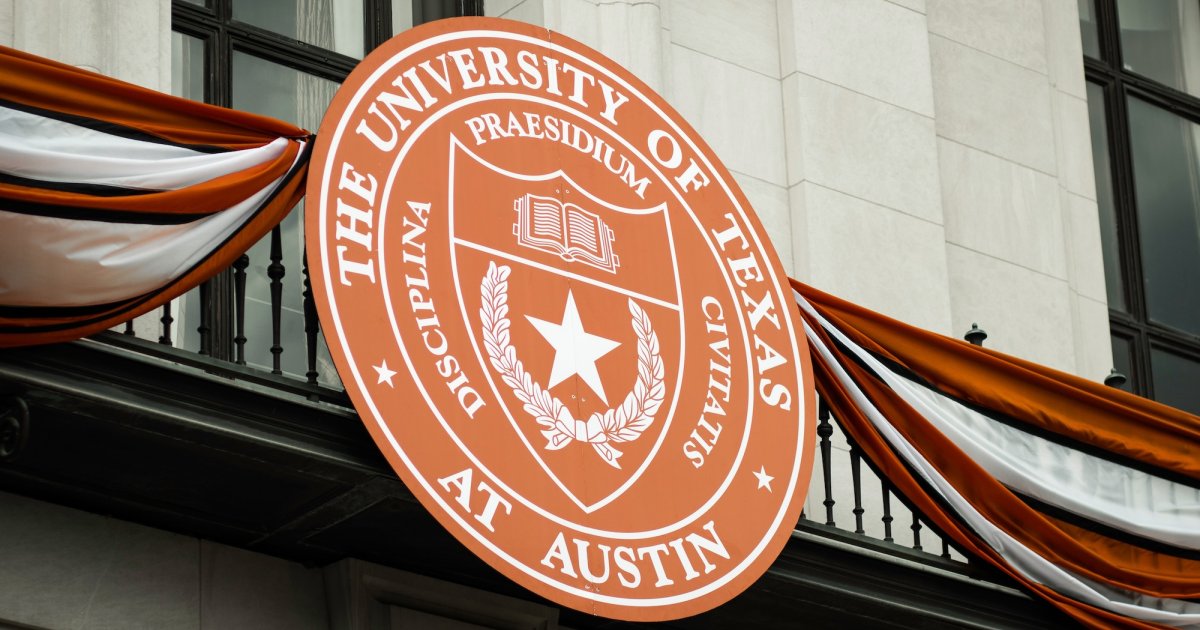Dive Brief:
- Increasingly popular Ten Commandments laws and proposals in Republican-leaning states are being struck down in the federal court system, with multiple recent cases saying such statutes violate the separation of church and state.
- At least three states — Texas, Arkansas and Louisiana — have passed Ten Commandments laws requiring school districts to display them in classrooms, which have all been struck down in court in recent weeks. Several more states have introduced the laws in recent legislative sessions.
- Civil rights organizations, including the American Civil Liberties Union, are warning districts in all three states with Ten Commandment laws not to display the religious edicts.
Dive Insight:
Ten Commandments laws are sweeping many of the same states that also passed “Don’t Say Gay,” parental choice and “anti-critical race theory” laws in recent years.
However, this particular wave of legislation has elicited ire from judges as lawsuits in all three states make their way through the court system.
The laws are “part of a coordinated strategy among several states to inject Christian religious doctrine into public-school classrooms,” said one Arkansas judge in August when blocking that state’s version in four school districts.
“These states view the past decade of rulings by the [U.S.] Supreme Court on religious displays in public spaces as a signal that the Court would be open to revisiting its precedent on religious displays in the public-school context,” said U.S. District Court Judge Timothy Brooks of the U.S. District Court for the Western District of Arkansas in his order.
However, this issue was already addressed by the Supreme Court in the 1980s with Stone v. Graham. That decision said that a Kentucky statute requiring a copy of the Ten Commandments in every public school classroom — similar to the laws being introduced now — violated the Constitution.
However, since that decision, the Supreme Court bench and its approach to the separation of church and state has changed — including the legal theory underlying the Stone decision, according to Supreme Court case experts.
In the meantime, however, ACLU has warned districts to take a step back from the state laws as a result of Brooks’ and other judges’ decisions to block them.
“Even though your district is not a party to the ongoing lawsuit, all school districts have an independent obligation to respect students’ and families’ constitutional rights,” an Aug. 21 letter from ACLU to Texas districts read. Any district that displays the Ten Commandments, even if the court order doesn’t apply to them, “will be violating the First Amendment and could be inviting additional litigation,” ACLU said.



